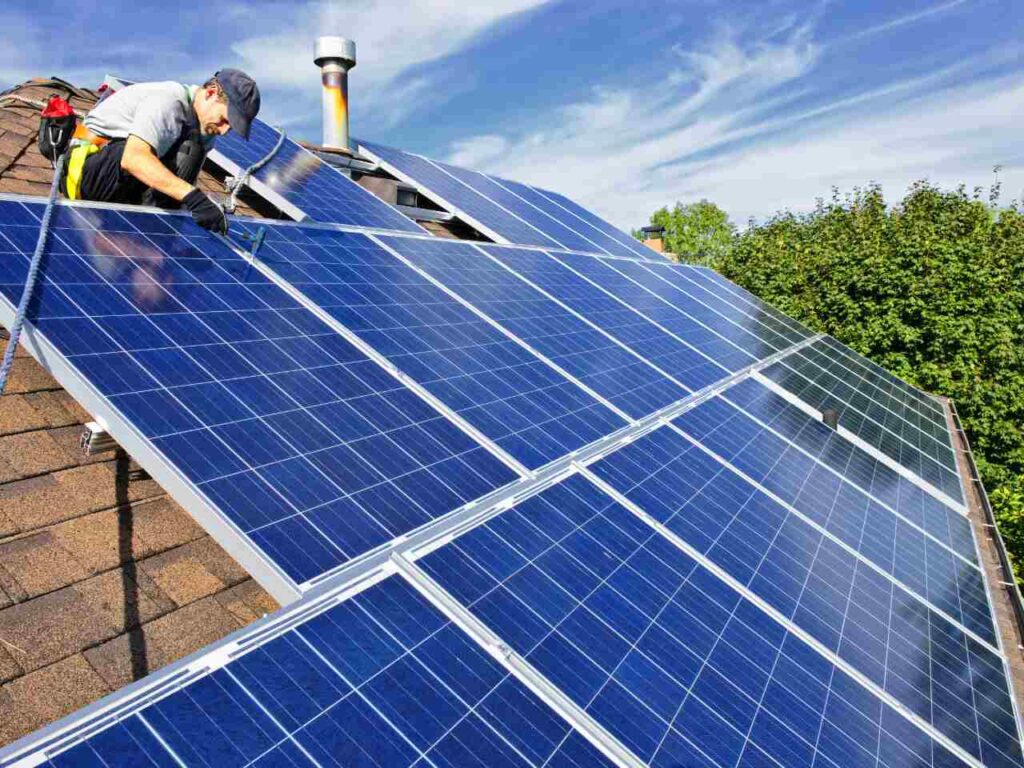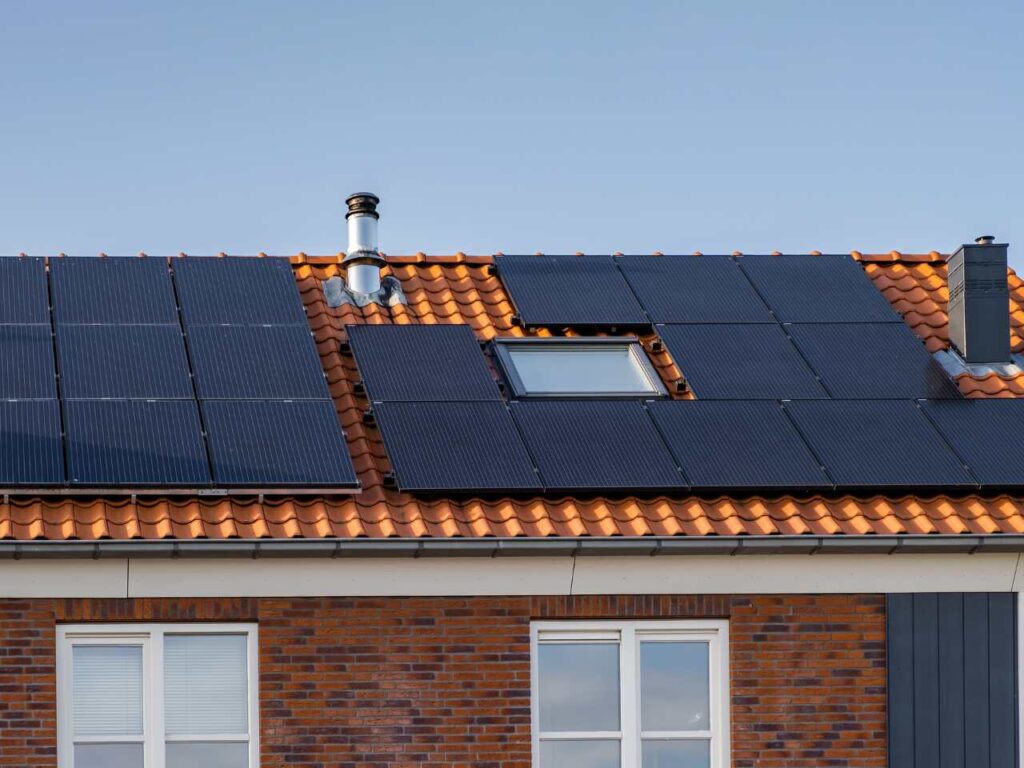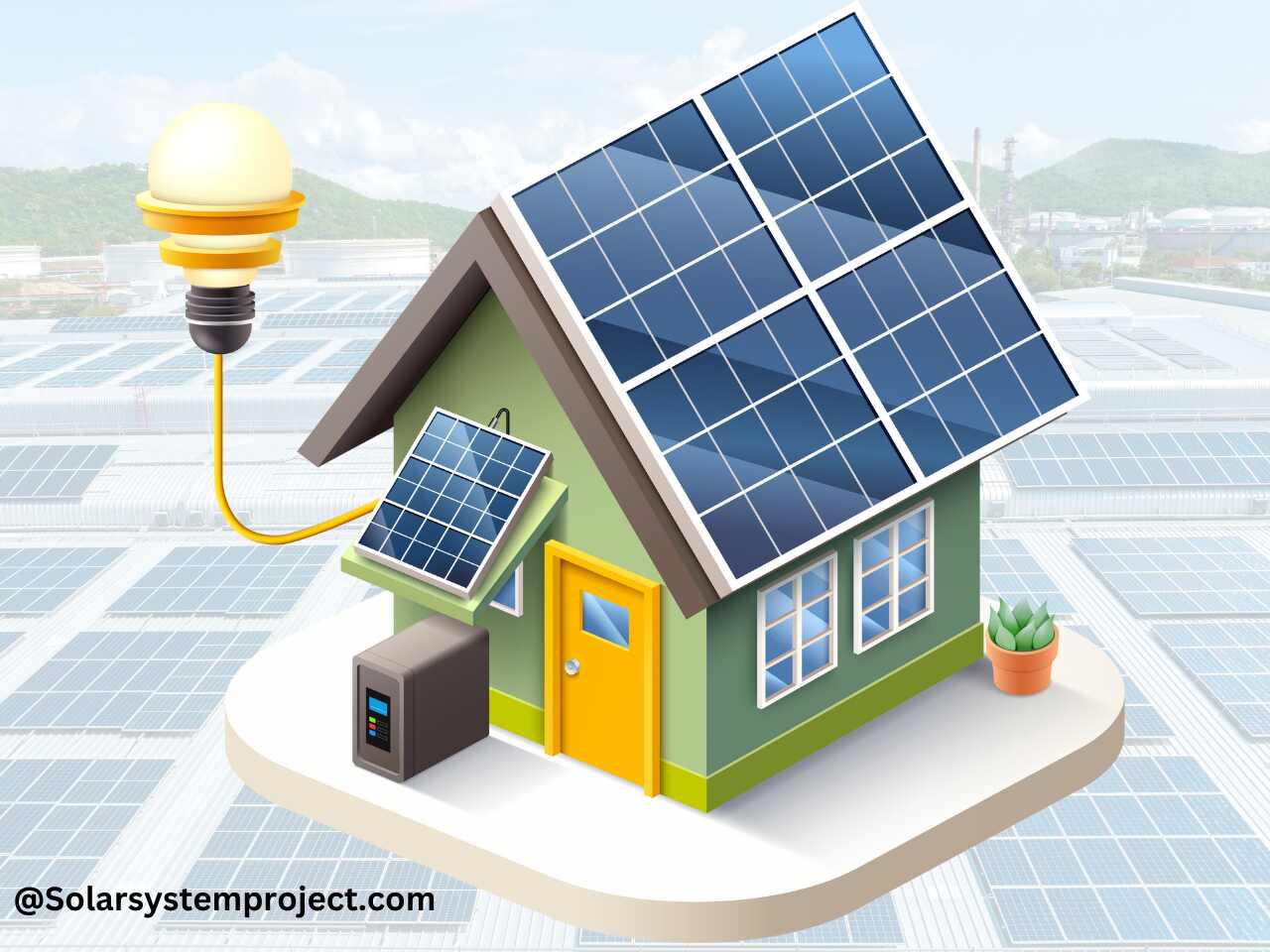The Ultimate Guide to Off Grid Solar Systems
Off grid solar systems revolutionized the way people thought about energy. This off-grid solar system is a sustainable and reliable alternator alternative to a traditional grid power source; it provides energy independently, reducing its carbon footprint.
In this blog, we are going to explore more fascinating news about off-grid solar systems while discussing their benefits, components, installation process, advantages, and how they differ from on-grid solar systems.
Why do we need to opt for off-grid solar systems?
Off-grid solar systems have a greater number of advantages; the major benefit of this system is energy independence. You can produce your own electricity and eliminate reliance on the grid, providing peace of mind whenever there is an outage of power in your home.
They also provide long-term cost savings by reducing your electricity bills and providing a reliable source of power. They are also eco-friendly, producing clean energy that helps to reduce greenhouse gas emissions.
Components of an Off Grid Solar System
Off-grid solar systems have key components like solar panel batteries, inverters, and so on. Each of these components plays a crucial role in generating electricity and storing it. The solar panel is used to capture the sunlight and convert it into electricity.

The generated electricity using the solar panel will be in the form of direct current, which cannot be used in our household. There is a need for inverters to convert the generator’s direct current into alternating current, which is most commonly used in homes.
The installation process of an off-grid solar system
Planning plays a crucial role in setting up this off-grid solar system. The first step is to determine how much energy you are going to generate and the size required for the system to meet your energy requirements.
Then you should select the most suitable place to fit the solar panels on your rooftop. The solar panel should be placed in a position where it receives the most sunlight throughout the day. Once the solar panel is fixed in an appropriate place, we can set up the rest. The rest of the setup includes the charge controller, batteries, and inverter.
Once all these components are connected, you must ensure whether the connection is correct or wrong. Check if your setup is functioning in the right way or not. If you face any malfunctioning, then you should go through your connection and make that in the most feasible way.
How does an off-grid solar system differ from an on-grid solar system?
The key difference between these grid systems is the connection to the power grid. The off-grid solar system is independent, and it doesn’t need a connection to the utility grid, which makes it accessible even in remote areas.
On the other side, the on-grid solar system requires a connection with the utility grid so the user can benefit from the net metering and sell the excessively generated electricity back to the grid. The off-grid system requires batteries to store the excessively generated electricity, which can be used even during the unavailability of sunlight.
On the other hand, the on-grid solar system doesn’t require any batteries; instead, they use the grid for backup power. Then the major difference between these two systems is their compatible nature. Off-grid systems are designed in such a way that they can meet all the energy needs of a household or any facility on the other side. On-grid systems can be sized to supplement grid power.

Advantages over on-grid systems
- The key advantage of an off-grid system is its reliability.
- The off-grid systems are not dependent on the grid, so they can provide power even during some outages.
- It also has greater flexibility in that it can be installed in any remote area where grid access is limited.
- They also play a crucial role in saving our financial budgets.
Maintenance and monitoring
Off-grid systems require minimal maintenance and monitoring from our side to ensure their optimal performance level. That is, we should check the condition of the solar panel batteries and other components that play a major role in the setup of this off-grid solar system. Any unusual things or malfunctions in the system should be reported immediately once you see them to reduce downtime and maximize the life span of the system.
At the bottom of the line, off-grid solar systems play a major role in providing a reliable source of power that is independent, sustainable, cost-saving, and environmentally beneficial. By understanding the benefits, components, installation process advantages, and how they differ from an on-grid system, you can make a clear decision while choosing the solar system for your house or business.
I hope you have explored the top and bottom of the off grid solar systems and will use the values gained in a proper way to establish a sustainable and eco-friendly world.
